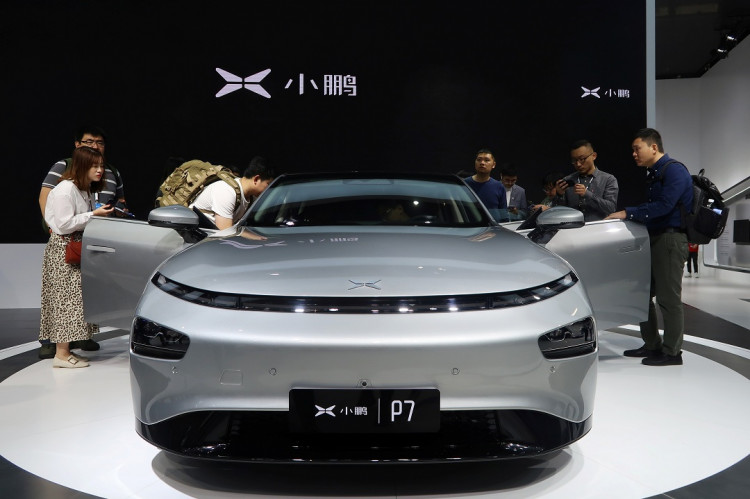In an effort to provide better convenience and after-sales service to their customers, two of China's largest electric vehicle startup companies have now joined forces and combined their respective charging networks, payment systems, and power services.
Xpeng Motors and Nio announced late last week that they will be connecting their charging networks to create a single massive charging infrastructure in China that can be used by customers from both companies.
The two Chinese new energy firms reportedly signed an agreement to seal the deal. Customers using products from both companies can use either Xpeng Motor's or Nio's charging stations at no extra cost. Both companies also revealed that they will be adding each other's stations to their respective smartphone applications so customers can more easily locate charging stations that are nearest to their current location.
Apart from combining their charging stations, the two Chinese firms had also agreed to combine their payment systems to make the use of their stations easier for customers. Through their respective mobile apps, users can locate the nearest stations, make payments, and check the status of their Xpeng or Nio-branded vehicles.
To better serve their customers, Nio and Xpeng have also merged their Nio Power and Xpeng Home Charging services systems to install charging stations in their customers' homes. Nio vice-president, Shen Fei, stated in an interview that the collaboration of both companies should result in a batter charging experience for customers given the enhanced services and facilities that are now available to them.
Xpeng senior vice-president, Xiao Bin, echoed the same sentiments and mentioned that the company is very much pleased to be working with Nio Power to expand its charging facilities for its customers. Xiao added that Xpeng and Nio are currently exploring more ways to collaborate to further optimize their customer experience.
Xpeng currently around more than 30 supercharging stations located in first and second-tier cities around China, namely in major cities such as Beijing, Hangzhou, Guangzhou, Qingdao, Shenzhen, Shanghai, and Tianjin. Nio currently has 78 supercharging stations located across 19 Chinese cities. The company plans to have more than 120 supercharging stations by October next year.
The rapid expansion of both Xpeng and Nio's supercharging network is meant to meet the demand of the growing number of new energy vehicle users in the country. For the first 10 months of this year, around 947,000 EVs were sold to Chinese customers.
Since July, EV sales had gradually been decreasing according to the latest data from the China Association of Automobile Manufacturers. The group claims that the drop in sales is a direct result of the cuts in government subsidies for new energy vehicles.





